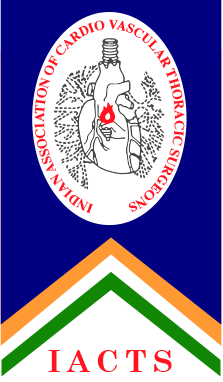

The role of nutrition in preventing cardiovascular disease is often ignored. Lack of knowledge, lack of availability, cultural and social practices, lack of time, taste, and cost are the factors that usually result in a poor quality diet intake. Calorie restriction as well as improving the quality of daily diet are important steps in primary and secondary prevention of cardiovascular diseases.
A nutritionally balanced diet is essential to keep your heart healthy, manage blood pressure, blood sugar, cholesterol and body weight. It is a healthy habit to take small frequent meals without skipping the meals, thereby avoiding binge eating.
Current guidelines recommend diets rich in whole grains with restriction on processed and refined carbohydrates. Fruits, vegetables, nuts, legumes, low fat dairy, and seafood improve the nutritional quality. A heart-friendly diet menu should refrain from sweetened beverages, refined grains, sodas, and foods containing trans fat. At times of stress or illness, dietary supplements can be added, but they won’t replace a balanced diet. Along with this, 8-10 glasses of water per day and moderate exercises (aerobic as well as weight bearing) helps to maintain body weight.
Taking heed of cardiovascular diseases as a global health burden, steps to impart knowledge on good nutrition and efforts to make healthy foods available and affordable to all must be initiated.